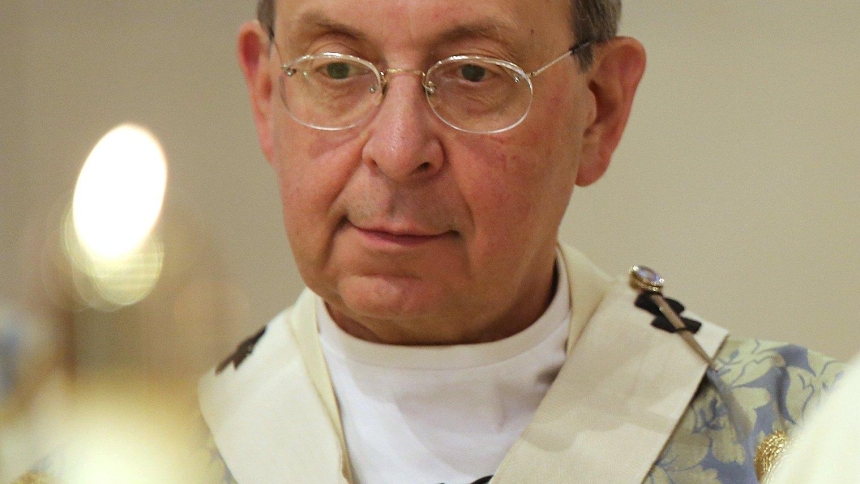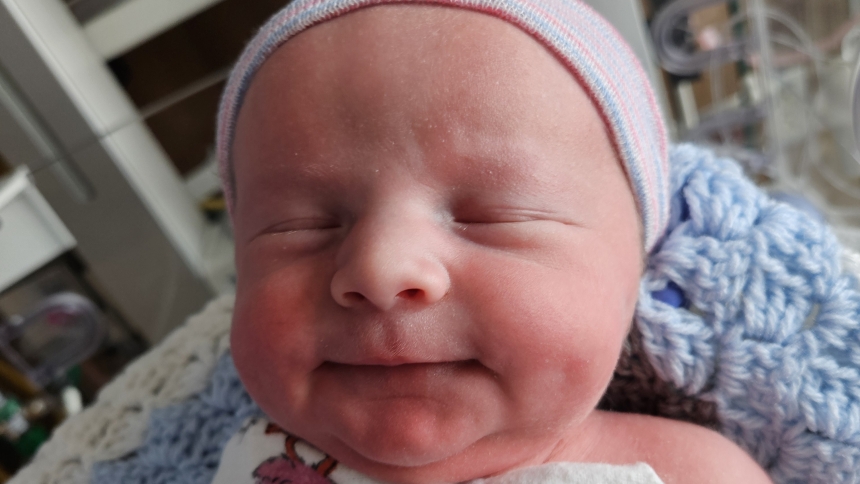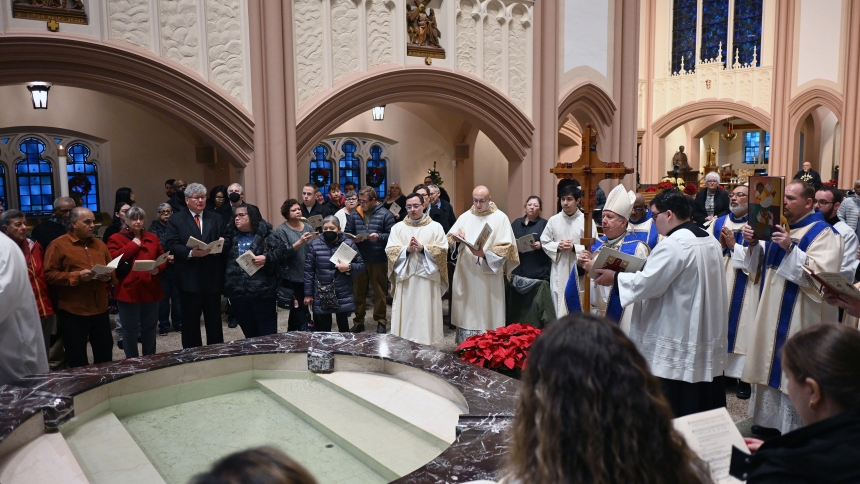
Recently, there has been a spate of political violence in our country. The slaying of two Minnesota legislators. Killing innocent children gathered for a school Mass in Minneapolis. The slaying of Charlie Kirk. The list goes on. It is endless and depressing. We ask: Will it ever end?
As these tragedies unfold, the responses are predictable. Calls for prayer are met with public ridicule. Politicians decry the extreme rhetoric for a few days but return to it as surely as night follows day. As calls for an end to violence multiply, in that same proportion it seems, do incidents of violence multiply. Will it ever end?
What are we, as Catholics, to make of this? Do we have some magic formula, a wand to wave, that will calm the stormy waters of our culture, restore civility and minimize political violence to what are deemed "acceptable" levels?
Any faithful Catholic knows how to distinguish between faith and magic, prayer and wishful thinking, empty rhetoric and constructive action. There are approximately 62 million Catholics in the United States and nearly 540,000 Catholics in the Archdiocese of Baltimore. What if, as a community of faith, we united in making a difference?
An immediate objection comes to mind: Catholics, some say, are as politically divided as other groups. Some studies also show that many Catholics don't vote on the basis of their religious faith, which is regrettable, but not paralyzing. Despite our political differences, there are things we can and should do together.
First is to pray for unity and peace, both foreign and domestic. Writing these words, I can almost hear the chant of the Greek chorus, "What good does that do?" Prayer, after all, doesn't usually result in God's direct intervention in human affairs. Isn't it ineffectual?
No, it isn't. We pray not to change God's mind but to have God change ours. We pray so that God's grace will enlarge our hearts in love, including love of enemies. The Lord could not have been more clear. If we want his forgiveness we need to forgive others. Prayer changes hearts and there are a lot of hearts that need to be changed, including mine.
Second, as a church we can demonstrate something fundamental to democracy: how to hash out disagreements without resorting to violence. How sad when we Catholics attack one another, aping the language of our ideologically divided culture. If the church is itself the sacrament of unity and charity, then we need to curb our speech, and more.
The "more" is something called "synodality" - conversation in the Holy Spirit. Synodality is not about changing the church's teaching but about learning to listen to one another. It's not easy. I spent a month in Rome in October 2024 as a delegate to the Synod on Synodality. Daily conversation in the Holy Spirit was hard work. By the middle of the month, all the delegates were exhausted and begging for a break. But healing wounds of sin and division is never easy. As a synodal church, we can demonstrate a better way.
Third is constructive action. For all our problems, the church everywhere remains an engine of charity and a champion of justice. Consider, for example, two initiatives: First, our local efforts to promote mental health, to recognize the signs of mental illness and to help link those in need to resources. Second, consider our annual gun-buyback initiative. More than 1,000 guns have been removed from our streets. Much more is underway, but you get the idea. Prayer leads to action.
When will it end? The reign of sin will not be fully vanquished until the end of time. In the meantime, with God's grace, we can make a critical difference.
Archbishop William E. Lori is the 16th archbishop of the Archdiocese of Baltimore.
Caption: Baltimore Archbishop William E. Lori is pictured in a 2019 photo. (OSV News photo/Bob Roller)


